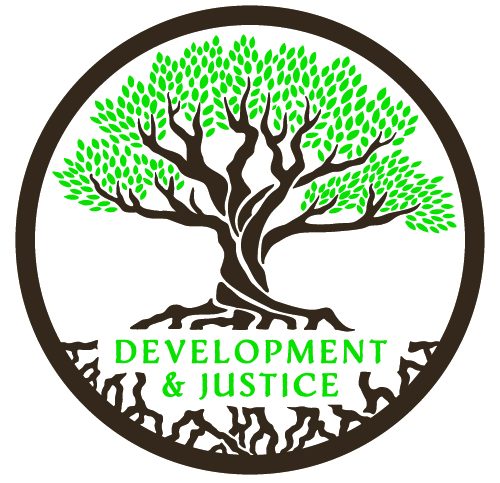Understanding Global Development and Justice
From a Christian faith-based perspective, Development and Justice are concepts deeply rooted in the mission of God. It is this mission that encourages us to engage in transformative ways that include justice, development and peacebuilding. When this happens we see tangible improvements for those living in the margins of society. The mission of God requires that we allow Scripture to influence our attitudes, behavior and relationships with those in vulnerable communities.
Theologian and mission scholar, Andrew Kirk, implores us to listen to two voices when reading Scripture, the voice of God and the voice of the people. This process helps us to combine the central message of Scripture with the, “Reality of every situation into which the message and life of Christ comes” (2000, 14). Like a tapestry, when mission, justice and community development practices are weaved together, a beautiful image of peace, wholeness and flourishing has the potential to come forth. Is that not what God seeks to do in all of our lives? Healing and restoration play a central role in the life of Christ’s ministry. In reading Isaiah 61:1-2, Jesus declares his kingdom in the here and now. A kingdom that, while not fully manifested yet on earth, is emerging into our lives and the lives of those marginalized by the powers in this world. Luke 4:16-19 reads,
He went to Nazareth, where he had been brought up, and on the Sabbath day he went into the synagogue, as was his custom. He stood up to read, and the scroll of the prophet Isaiah was handed to him. Unrolling it, he found the place where it is written: “The Spirit of the Lord is on me, because he has anointed me to proclaim good news to the poor. He has sent me to proclaim freedom for the prisoners and recovery of sight for the blind, to set the oppressed free, to proclaim the year of the Lord’s favor.”
Jesus initiates his public ministry in declaring his mission to serve those most marginalized in society, namely, the poor, oppressed, prisoners and those with infirmities. Walter Brueggemann comments on Isaiah 61, the very passage that Christ is reading from saying, “There is no doubt that vision of jubilee – that is, a profound hope for the disadvantaged – is shockingly devastating to those who value and benefit from the status quo.” He goes on to argue, in sourcing Sharon Ringe, in Jesus, Liberation and the Biblical Jubilee, that this “announcement is a clue and signal for the entire ministry of Jesus, a radical undertaking of the reordering of human community” (1998, 214).
The complexities of hurt and suffering around our world today require that we develop responses that are multifaceted, just and committed to long-term flourishing. Jesus and his kingdom are essential for this new reality. It is my hope (Greg Burch) that this site and the podcast, Development and Justice, inch us closer to ensuring that the tapestry of life incorporates transformative development, biblical justice and peacebuilding that result in restored lives and communities.
Global Development
Good development is focused on participatory capacity building, not handouts. Development is not charity. Charity has its role, but global development is focused on the use of professional tools and skills to relieve multidimensional poverty and oppression.
Biblical Justice
Acknowledging the role that God as Creator plays in ensuring justice, provides the foundation for those who are Christ followers. Unjust structures in society can and often do lead to marginalization of people made in the image of God. This is why a call to biblical justice is deemed necessary as we seek to join God in his mission.
Peacebuilding
Just peacebuilding is the understanding that human beings are at their best when they understand their mutuality and connectedness. The goal of development and justice is transformation. It is holistic in nature and what the Hebrew Scriptures refer to as Shalom. It implies healthy relationships which incorporate peace and wholeness.

